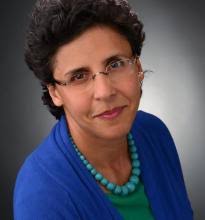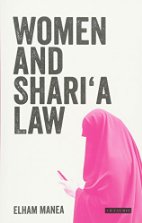Prominent bloggers are picking on Sam Harris again.
First there is P.Z. Myers,
There he [Ed Brayton] goes again, picking on the distinguished and august Thought Leaders of Atheism, in this case Sam Harris. It’s easy to do; there are a lot of buzzwords that trigger my rage, and Harris is fond of trotting out indicators of inanity like “identity politics” and “politically correct” and, of course, “divisive”.
I’m not on board with everything I read by PZ so of course I waited till I read Ed Brayton’s post myself:
I am not going to accuse Harris of being a white supremacist, as many have done. I’m going to take his argument at face value and presume, for the sake of argument, that he means well by it. But he’s still utterly, flagrantly, dangerously wrong. A quote from that podcast:
“My tweet was actually fairly carefully written. I mean, it starts with ‘In 2017 all identity politics is detestable.’ And of course I’m thinking about the West, and I’m thinking primarily about America, I was commenting on Charlottesville. And I believe this, you know, I think Black Lives Matter is a dangerous and divisive and retrograde movement, and it is a dishonest movement. I mean, that’s not to say that everyone associated with it is dishonest, but I find very little to recommend in what I’ve seen from Black Lives Matter. I think it is the wrong move for African Americans to be organizing around the variable of race now. It’s *obviously* the wrong move, it’s *obviously* destructive to civil society.”
Ed proceeds to dissect the details of the above but I quote and comment on just one point: Continue reading “The Necessity of being Divisive”


